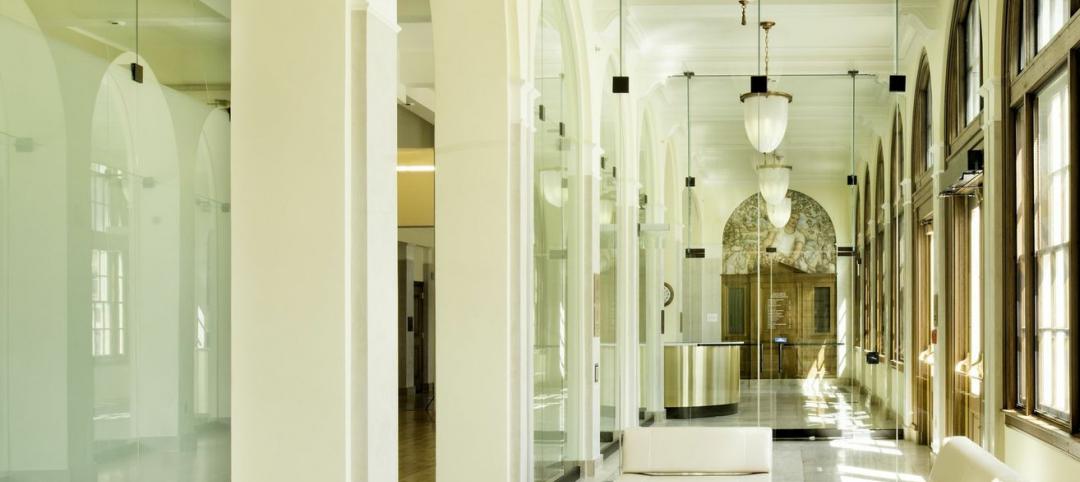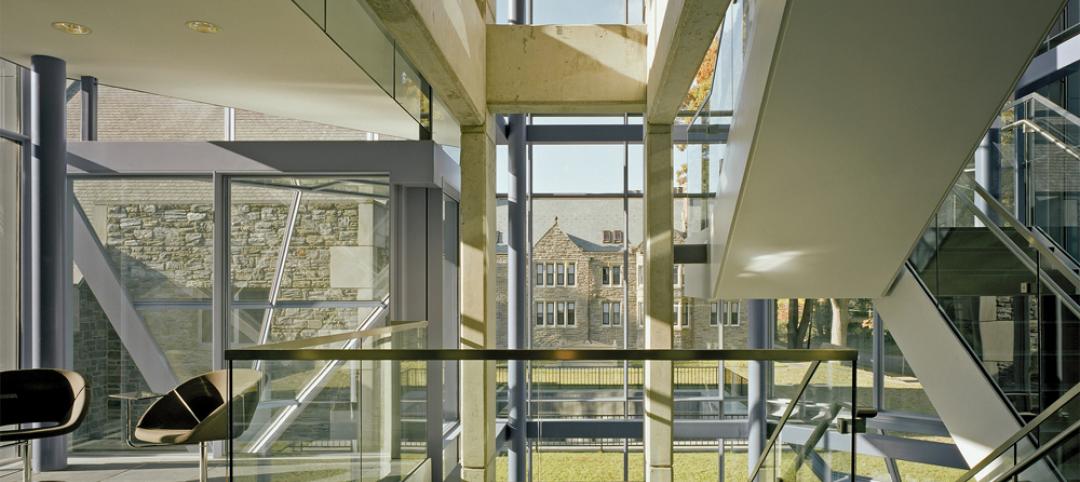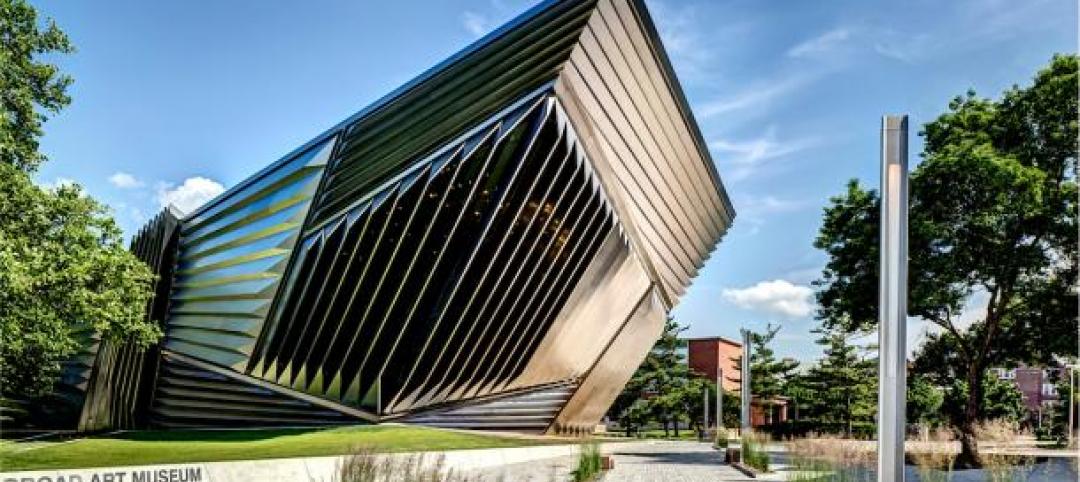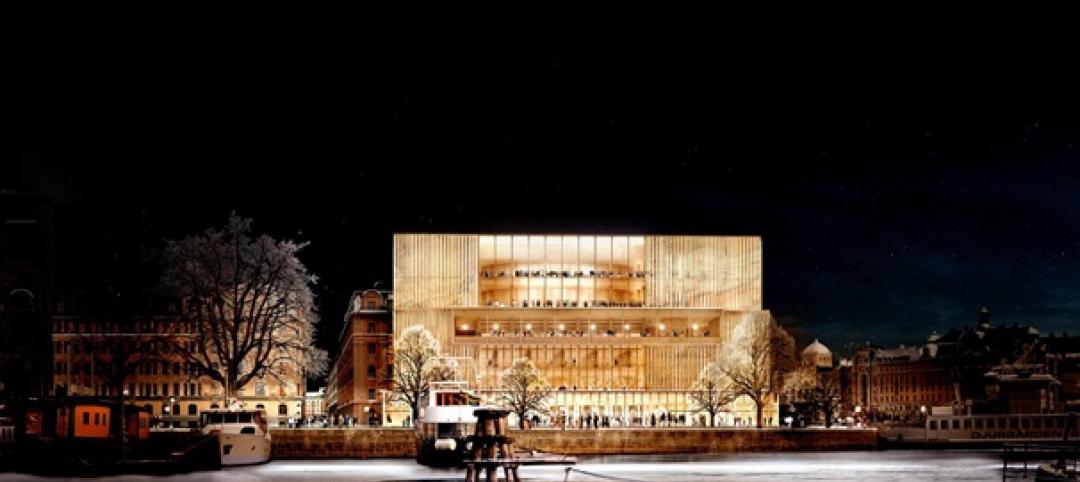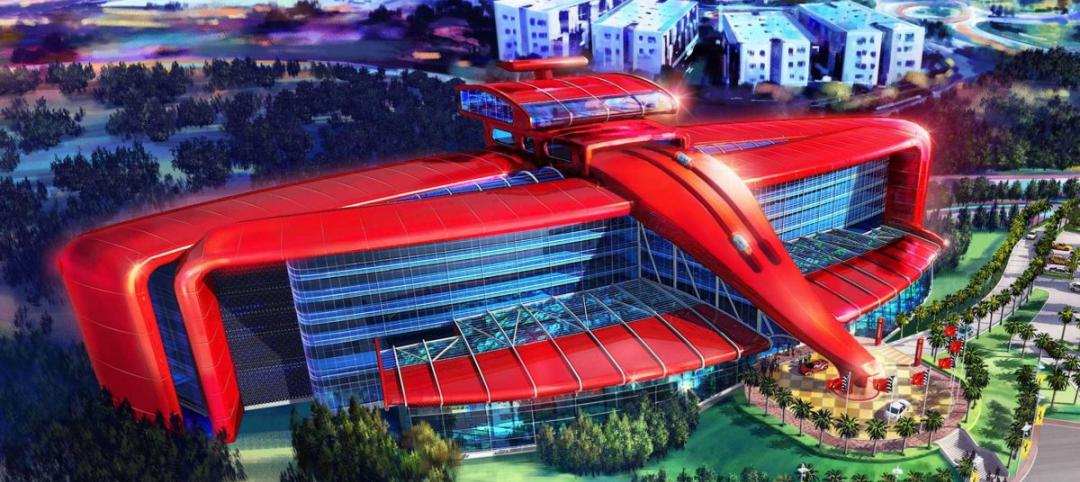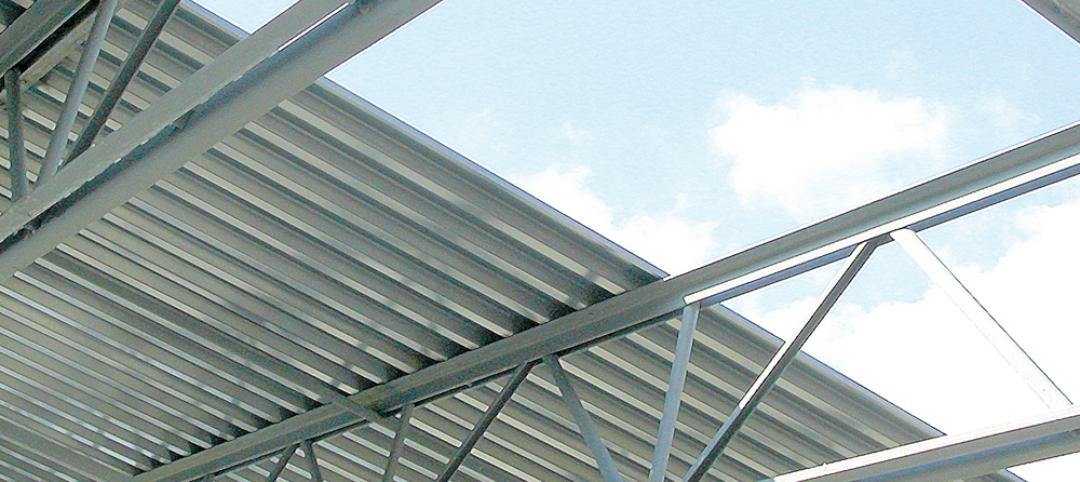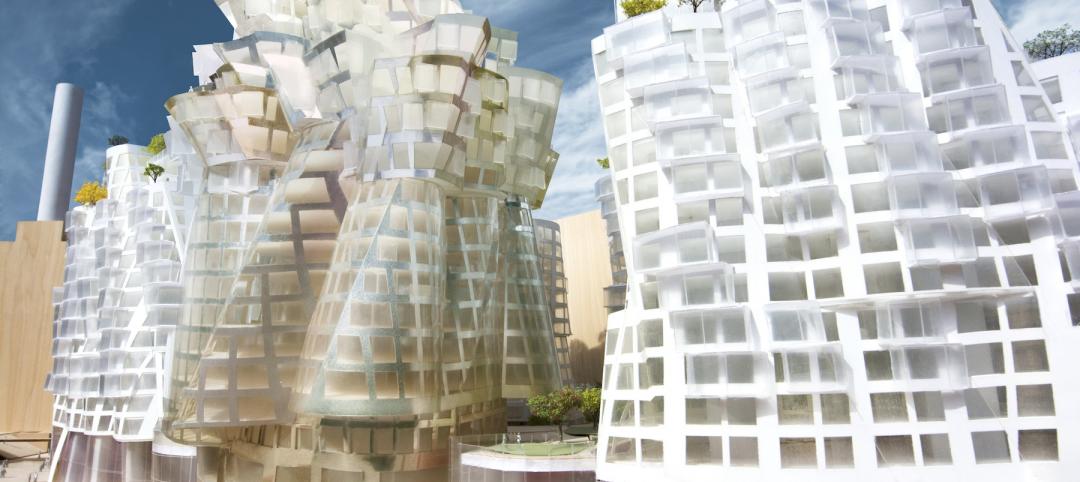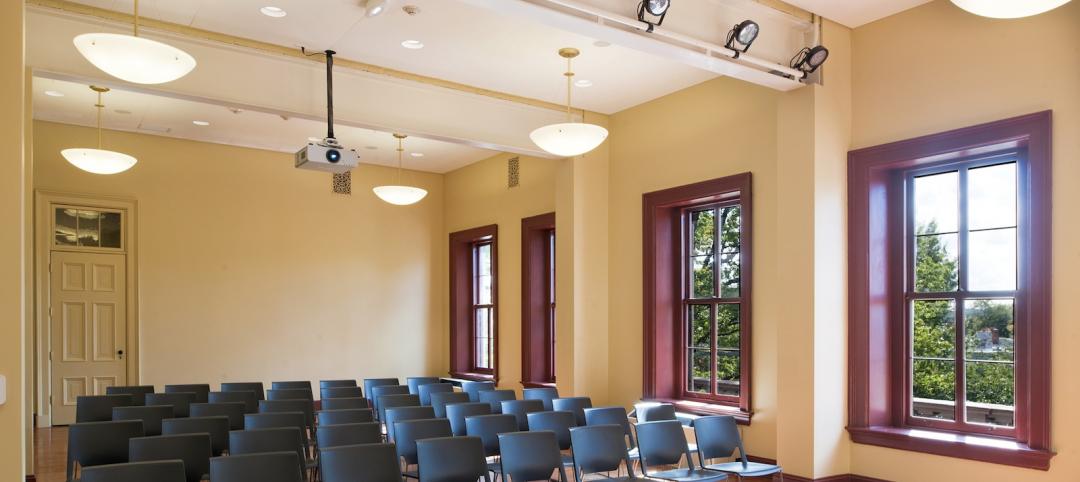
As part of a major revitalization of downtown Durham, N.C., locally based Capitol Broadcasting Company decided to transform the American Tobacco Company's derelict 16-acre industrial plant, which symbolized the city for more than a century, into a lively and attractive mixed-use development.
 |
| PHOTO: CAPITOL BROADCASTING COMPANY |
Although tearing down and rebuilding the property would have made more economic sense, the greater goal of building up downtown Durham and preserving history prevailed. Consequently, the city's largest ever historic preservation project got under way with a major environmental cleanup of the area.
Now, instead of blight, the bright new development features residential, office, restaurant, entertainment, and retail.
To preserve the historic nature of the original American Tobacco plant, only building materials that were available during the plant's lifetime (1874-1987) were used. Where new concrete had to be poured next to existing concrete, it was stressed and stained to match. Similarly, specialty brick masons were brought in to reconstruct old brickwork and craft new brick elements with the same designs and patterns found in the original buildings.
 |
| PHOTO: BOB HUGHES PHOTOGRAPHY |
One welcome feature is the incorporation of water throughout the project. Working with water feature consultant W.P. Law Inc., the Building Team, led by Atlanta architecture firm Smallwood, Reynolds, Stewart, Stewart & Associates, designed a scenic river, starting at the north end of the site and running south along the old loading docks and train tracks. Toward the center of the campus, the river splits into a beautiful, multi-level pool as it runs through a sprawling, green park.
Ultimately, the waters descend into the Fowler Courtyard via a refreshing waterfall, varying in height from three feet to 15 feet. A hidden reservoir then utilizes three 75-hp pumps to send water a quarter mile upstream, back to its headwaters.
Only trees and plants common to the community during the tobacco plant's operation were chosen for the landscaping. So as not to obstruct the project's architectural and scenic features, fewer and larger trees were selected.
 |
| Water features are significant additions to the American Tobacco Company’s grounds. The river runs along the lawn and under a bridge, past “ruins” constructed of old concrete slabs (left). The river terminates at the Fowler Courtyard, where it’s pumped back upstream to its headwaters. PHOTO: JEAN C. ALDY |
Another nature-friendly feature involved converting the old railroad tracks into bike trails for a “Rails to Trails” program.
Project guidelines stipulated that new buildings on the site had to conform to façade guidelines and could not obstruct views of the old buildings. The original water tower was preserved, while an amphitheater and stage were built below.
Local artists were commissioned to design art sculptures utilizing reclaimed machinery and materials from the old plant.
As is the case in many historic projects, no construction documents were found, so structural engineers from Morrison Engineers were on site to document existing structural conditions during demolition and reinforce structures as needed.
On the mechanical side, mechanical engineer Stantec Consulting largely kept the original plant's exposed mechanical and plumbing systems. The Building Team also went back in time to find ways to cool the buildings, utilizing the facility's extraordinarily thick walls and full basements to retain coolness.
At 1.5 million sf, the American Tobacco Project ranks as the largest redevelopment of a tobacco mill in North Carolina.
“It's a fantastic intervention in a decaying urban community,” said BD+C Renovation Awards judge Robert L. Selby, FAIA, Associate Director for Graduate Studies at the University of Illinois School of Architecture.
Related Stories
| Apr 23, 2014
Mean and Green: Top 10 green building projects for 2014 [slideshow]
The American Institute of Architects' Committee on the Environment has selected the top ten examples of sustainable architecture and ecological design projects that protect and enhance the environment. Projects range from a project for Portland's homeless to public parks to a LEED Platinum campus center.
| Apr 16, 2014
Upgrading windows: repair, refurbish, or retrofit [AIA course]
Building Teams must focus on a number of key decisions in order to arrive at the optimal solution: repair the windows in place, remove and refurbish them, or opt for full replacement.
| Apr 15, 2014
12 award-winning structural steel buildings
Zaha Hadid's Broad Art Museum and One World Trade Center are among the projects honored by the American Institute of Steel Construction for excellence in structural steel design.
| Apr 15, 2014
Chipperfield's sparkling brass-clad scheme selected to be new home of Nobel Prize
The distinctive building, with its shimmering vertical brass elements and glass façade design, beat out two other finalists in the Nobel Center architectural competition.
| Apr 11, 2014
First look: KPF's designs for DreamWorks in the massive Shanghai DreamCenter
Two blocks of offices will be centerpiece of new cultural and lifestyle district in the West Bund Media Port.
| Apr 11, 2014
Start your engines: Ferrari plans to build first ever hotel
Clad in the carmaker's signature "Ferrari red," the hotel will resemble the grill and hood of one of its iconic cars.
| Apr 9, 2014
Colossal aquarium in China sets five Guinness World Records
With its seven salt and fresh water aquariums, totaling 12.87 million gallons, the Chimelong Ocean Kingdom theme park is considered the world’s largest aquarium.
| Apr 9, 2014
Steel decks: 11 tips for their proper use | BD+C
Building Teams have been using steel decks with proven success for 75 years. Building Design+Construction consulted with technical experts from the Steel Deck Institute and the deck manufacturing industry for their advice on how best to use steel decking.
| Apr 8, 2014
Gehry, Foster unveil plans for Battersea Power Station redevelopment [slideshow]
Phase 3 of the massive redevelopment of the London landmark will include more than 1,300 residential units, a 160-room hotel, and 350,000 sf of retail space.
| Apr 2, 2014
8 tips for avoiding thermal bridges in window applications
Aligning thermal breaks and applying air barriers are among the top design and installation tricks recommended by building enclosure experts.


